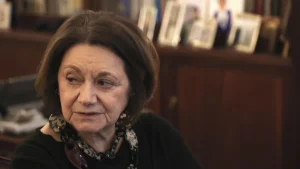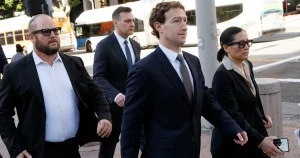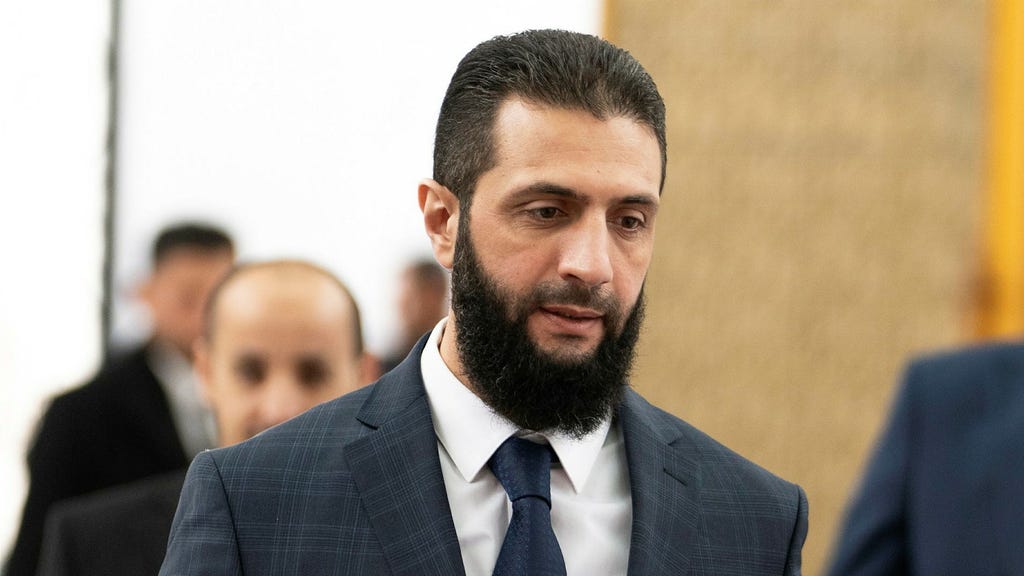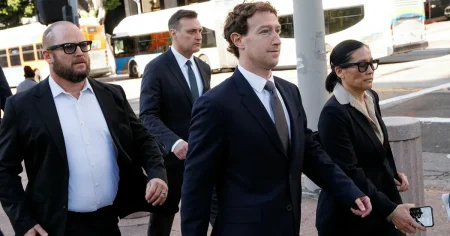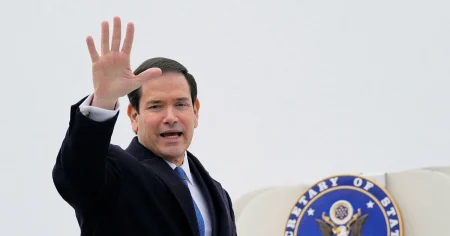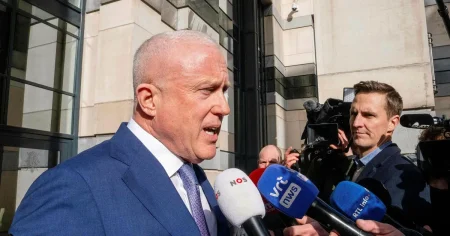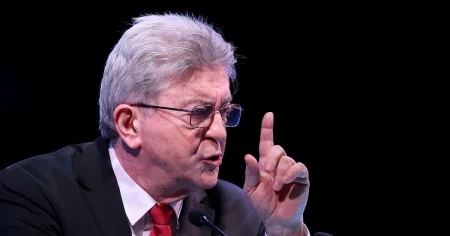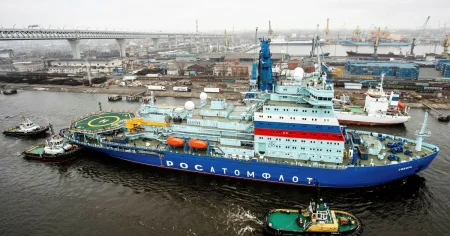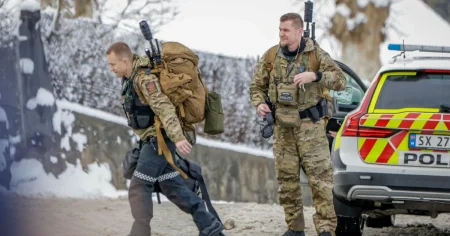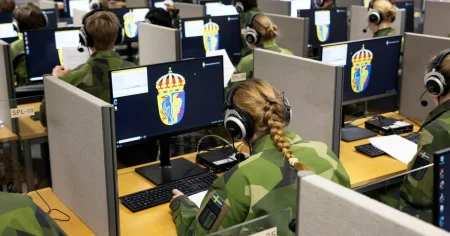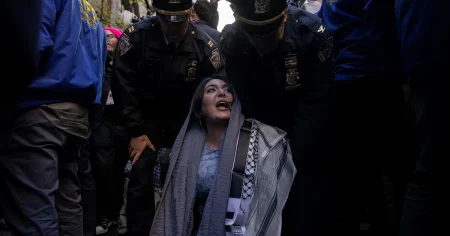Ahmed al-Sharaa, the Syrian leader who spearheaded the overthrow of President Bashar al-Assad’s regime, granted his first Arabic television interview to the Saudi state-owned broadcaster, Al-Arabiya, marking a significant development in the nascent post-Assad era. This interview, coupled with the Syrian Foreign Minister’s acceptance of a Saudi invitation for an official visit, underscores the crucial role Saudi Arabia is poised to play in shaping Syria’s future. Until Assad’s downfall, Saudi Arabia had been moving towards normalizing relations with the Syrian regime, but the shift in power has presented a new opportunity for the Kingdom to exert influence in the region and potentially foster a more favorable political landscape in Syria.
Al-Sharaa’s interview revealed several key aspects of his vision for Syria’s transition. He emphasized the importance of economic stability and invited foreign investment, particularly from Saudi Arabia and other Gulf nations, highlighting the potential for significant returns in a revitalized Syrian economy. This appeal to Saudi Arabia’s economic interests serves as both a pragmatic recognition of the Kingdom’s financial power and a strategic move to secure its support in rebuilding Syria. Al-Sharaa’s Saudi upbringing further strengthens this connection, suggesting a personal understanding of the Kingdom’s priorities and a potential avenue for fostering closer ties.
Crucially, al-Sharaa outlined a timeline for the political transition, emphasizing the need for a carefully constructed and internationally vetted constitution. He estimated that this process could take two to three years, followed by a comprehensive census before elections can be held. This timeframe, extending up to four years before the first post-Assad elections, signals a commitment to a deliberate and measured approach to rebuilding the nation’s political foundations. This contrasts sharply with the rapid transitions often seen in revolutionary contexts and suggests a prioritization of long-term stability over hasty power consolidation.
The dissolution of Hay’at Tahrir al-Sham (HTS), al-Sharaa’s own formerly designated terrorist group, represents a pivotal step towards unifying the country and dismantling the remnants of the conflict. The planned national dialogue conference, expected to dissolve the existing parliament and constitution, will pave the way for a new legal framework and political order. This move signifies a willingness to compromise and integrate former opposition groups into the political process, potentially mitigating the risk of future instability and armed resistance. The success of this integration will be crucial for long-term peace and will require careful management of potentially conflicting ideologies and interests.
Anti-Assad activist Majed Abdel Nour, while cautiously optimistic about the proposed timeline, underlines the importance of continued vigilance and the potential for renewed opposition if the new regime shows signs of authoritarianism. His willingness to challenge any future tyrannical tendencies echoes the spirit of the revolution and serves as a reminder of the fragility of newly established democracies. This sentiment reflects a broader concern among Syrians who, having endured decades of oppressive rule, are wary of repeating past mistakes. The four-year timeframe for elections allows for a crucial period of observation and assessment, during which the new leadership’s commitment to democratic principles will be closely scrutinized.
The transition period in Syria presents a complex and delicate balancing act. Al-Sharaa’s emphasis on economic recovery, constitutional reform, and the integration of former opposition groups, while encouraging, needs to be backed by concrete actions and demonstrable commitment to democratic principles. The international community, particularly Saudi Arabia and other Gulf nations, will play a crucial role in supporting this transition, both financially and politically. The success of this transition will depend not only on the new leadership’s vision but also on the active participation of Syrian civil society and the continued pressure for accountability from figures like Majed Abdel Nour, ensuring that the hard-won revolution truly paves the way for a more just and democratic future for Syria. The looming challenge lies in balancing the need for stability with the demands for genuine democratic reform, a challenge that will define the future of Syria for generations to come.



